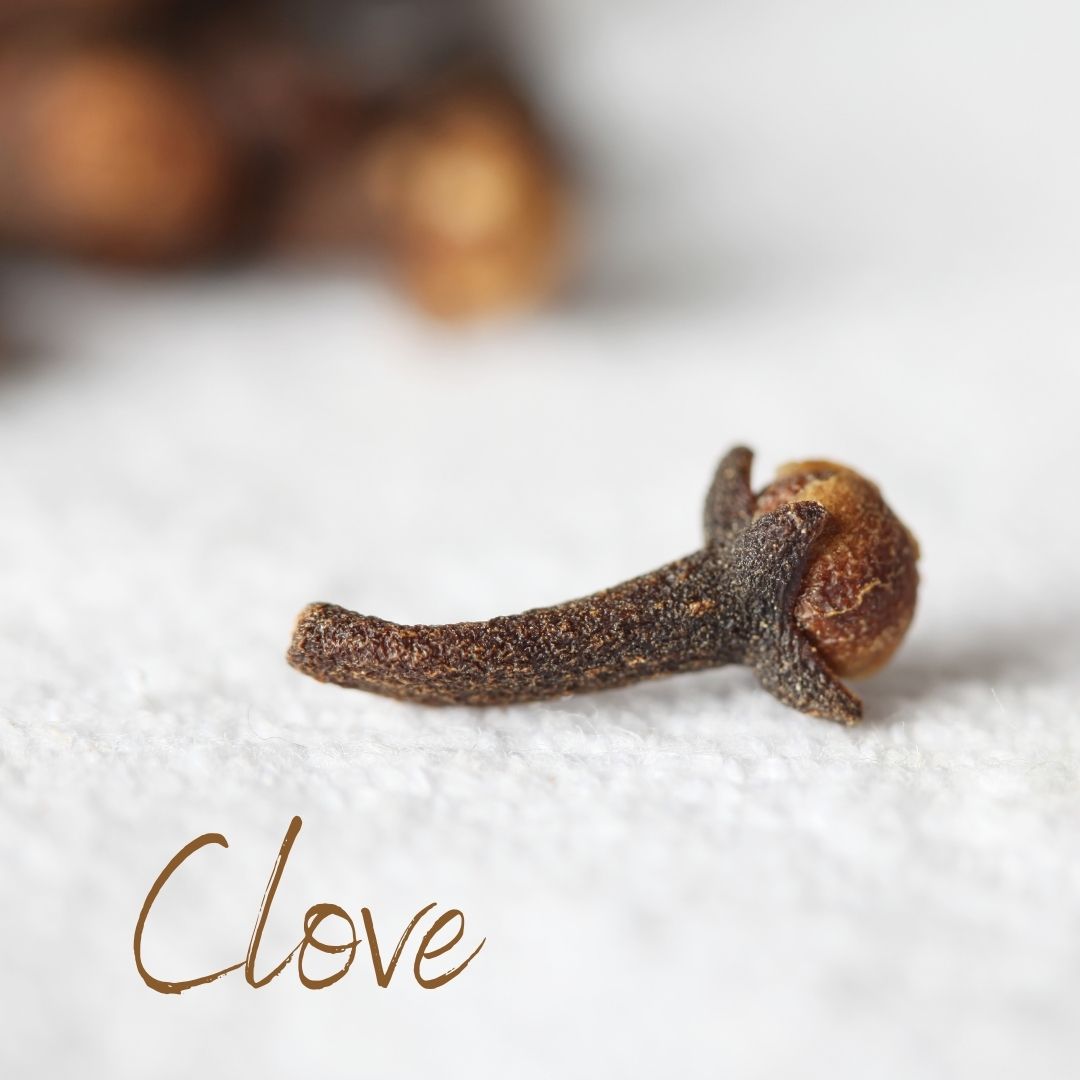
20 Intriguing Facts About Clove You May Not Have Known
Originating from the Maluku Islands, Indonesia, also known as the Spice Islands, clove has a rich history and many uses! This tiny, aromatic spice has been treasured for thousands of years for its unique flavour and medicinal properties. Clove has been an important player in the ancient spice trade and has played a significant role in both traditional medicine and culinary in different cultures. Cloves are still valued today for their versatile uses, from enhancing the flavour of food to their natural antibacterial properties. Here are 20 fascinating facts that highlight the interesting properties and historical significance of this remarkable spice!
- The origin of cloves: Cloves are native to the Maluku Islands, also known as the Spice Islands, in Indonesia, which have been centres of the spice trade for centuries.
- It's actually the bud of a tree! The clove tree grows in tropical climates, including India. Evergreen clove trees can reach heights of 8 to 12 metres and have large, shiny, dark green leaves and aromatic-scented flowers. Cloves are in fact nothing more than flower buds, which are plucked before flowering. When picked, the buds are pale in colour, turning bright red and then dark brown as they dry.
- Clove needs a specific harvesting technique. If clove buds are harvested too late, they lose a significant part of their aromatic oils and medicinal properties. Therefore, precise timing ensures the high quality and effectiveness of cloves!
- What would the clove flower look like if it were not picked? If the clove flower buds are not picked, they will open into tiny, fragrant, fuzzy-looking flowers with a whitish tinge. The flowers have four petals, from which a central cluster of yellowish-white stamens, like a small shaving-brush, stand out.
- If there are flowers, are there crops? Of course! After flowering, the flowers of the clove tree develop into tiny, dark purple fruits called clove-berries! Clove berries taste similar to cloves, although usually milder in taste and less pungent. They have a warm, slightly sweet and aromatic flavour with spicy notes. The intensity of the flavour varies depending on the ripeness of the berries and the method of preparation. They can be mixed with other fruits to make jam, sauce or pickles!
- Clove-trees live long! Clove trees can live for over 100 years and produce cloves throughout their life. They usually start flowering when they are 6 years old and reach their full size around 20 years of age.
- Its name has a special meaning: The scientific name of the clove is Syzygium aromaticum. The name of the clove in Latin however is 'clavus', meaning 'nail', which refers to the nail-like shape of the spice.
- It served as a currency in ancient times! Cloves have been a highly valued spice for thousands of years. Traded by ancient civilizations such as the Romans, Greeks and Egyptians, it was once one of the most valuable spices in the world! At certain times in history, cloves were so valuable that they were used as currency and even offered as valuable gifts to kings and emperors!
- It has antimicrobial properties: Cloves are rich in eugenol, a powerful anti-inflammatory and anaesthetic compound. Eugenol is responsible for the spice's distinctive aroma and many medicinal properties.
- It is a natural preservative: Because of its antimicrobial properties, cloves have historically been used to preserve food.
- Clove played a role in the fight against the plague: Cloves have long been known in Europe and, for example, during the European plague epidemic, cloves were considered to have a protective role against the disease, as were other herbs.
12: It gives food a warm, deep flavour: Cloves have been used for thousands of years to add depth and warmth to drinks and food. For example, cloves are a key ingredient in mulled wine and chai tea.
- It was widely used in traditional medicine: In traditional Chinese and Ayurvedic medicine, cloves have been used for thousands of years to treat a variety of ailments, including digestive problems, toothaches and respiratory ailments. In Traditional Chinese Medicine (TCM), cloves are considered a warming herb that can help treat conditions such as colds.
- Clove is good for the teeth: Clove oil has been used for centuries to relieve toothache and mouth pain. Eugenol, the active ingredient in clove oil, is a common ingredient in dental products such as herbal toothpastes because of its analgesic and antiseptic properties.
- It is a natural aphrodisiac: Cloves are considered an aphrodisiac in many cultures, believed to enhance libido and sexual health.
- It is full of antioxidants: Cloves are full of antioxidant compounds that help fight oxidative stress and may offer protection against chronic diseases.
- Clove is also used in perfumery: Cloves have been used in perfumery for centuries. It’s warm, spicy aroma adds depth and richness to many fragrance blends.
- Clove in aromatherapy: Clove essential oil is widely used in aromatherapy for its calming and stimulating properties. It is believed to help reduce stress, improve mood and enhance mental clarity.
- A natural insect repellent: Clove oil is an effective natural insect repellent. It can also be used to keep mosquitoes and other pests away.
- It is a symbol of love and friendship: In some cultures, cloves are a symbol of love and friendship. In some parts of India, it is given as a gift to express goodwill and love.
If you're looking for an effective oral care product with cloves, check out Dabur Organic Clove Fluoride-Free Toothpaste and enjoy the healing benefits of this versatile plant in a great dental care product!
